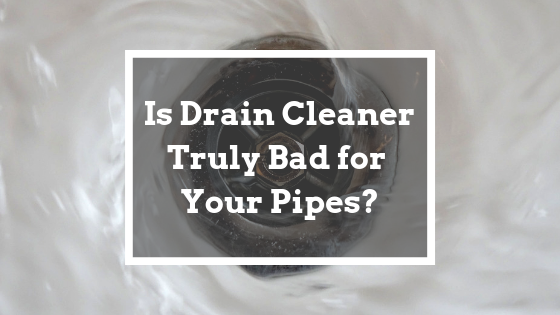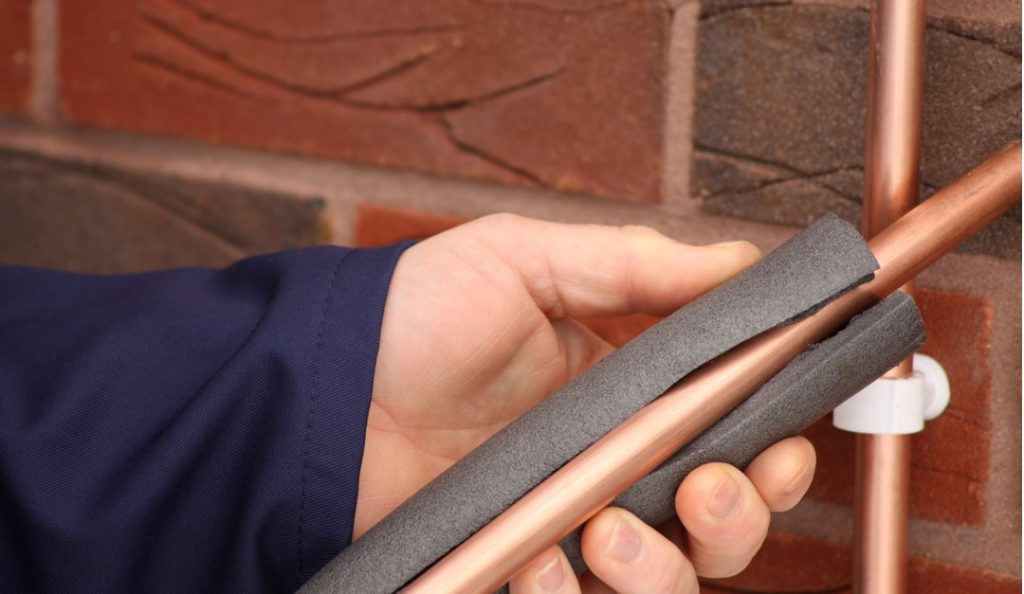Pipe material is an integral element in any fluid handling system. It should be impenetrable, corrosion-resistant, strong and long-lasting to ensure its reliability.
It should also be easy to repair or replace. Furthermore, the container should be suitable for transporting liquids – especially drinking water – which makes this feature especially important.
PVC
PVC is an extremely common polymer material used for various purposes. It can be manufactured into various shapes and sizes according to user demands, making it a go-to material for plumbing and building projects alike.
PVC Pipes and Fittings are an excellent choice due to their strength. This material can withstand water pressure as well as corrosive chemicals, making it suitable for sewage piping or other heavy duty applications. Furthermore, PVC is chemical resistant with the ability to resist oxidation or dehydration effects – meaning your pipe won’t become rusty or brittle over time.
PVC pipe material is cost-effective and recyclable in various ways, making it an environmentally friendly alternative to metal piping materials which may be more costly and difficult to recycle.
PVC is not only strong and durable, but it’s also resistant to stains and odors. This property makes it ideal for sanitary systems since a leaking sewer line can lead to the accumulation of bacteria and other pollutants inside your home or business.
PVC is not only durable, but non-conductive as well. This makes it an environmentally friendly choice for a variety of industrial and domestic projects.
Pipelines often require a wide range of shapes and sizes, making stainless steel an inferior material due to its difficulty in manufacturing and limited selection of small diameters and lengths.
However, it is essential to be aware that PVC pipes and fittings may deteriorate due to exposure to environmental elements like UV light. This could significantly shorten their service life, particularly for water piping applications.
Material can be manufactured into a variety of shapes and sizes, but it’s essential to remember that PVC pipes are less flexible than steel pipe. This may make it challenging for plumbers to work with the pipe and ensure proper fitment.
Additionally, this material may be delicate to elevated temperatures and applications where fluid freezing may take place, such as pressurized gas supply lines. These scenarios can damage the material by causing it to soften and expand, potentially leading to the loss of shape or function.
Another element to take into account when purchasing PVC products is the presence of toxic plasticizers, stabilizers and fungicides. These additives can leach out, seep into other materials or evaporate into the air, leaving workers and consumers exposed to potentially hazardous substances.
For instance, the smell of a new car’s interior can be traced back to phthalates, which are hazardous for lungs and other organs of the body. Other toxic additives like chlorine and sulfur dioxide present in pipe burns pose risks to firefighters.
When selecting piping materials for any application, the most critical thing to remember is that the best material should be one which performs optimally under the conditions and sensitivity of your project. This can be accomplished by choosing a material specifically tailored for that job while avoiding stresses like weathering or soil chemistry.


